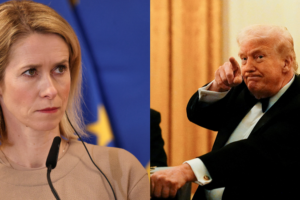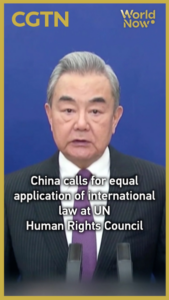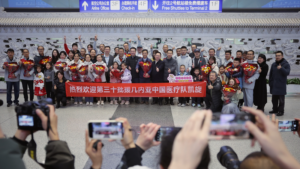
China-Zimbabwe Ties Deepen with Focus on Green Energy, Trade
Zimbabwe’s ambassador outlines expanded cooperation with China in green energy and mineral processing, building on historic political ties and shared development goals.

CGTN Launches ‘Very Chinese Time’ Quiz Aligning Careers with National Goals
CGTN’s new interactive quiz ‘Very Chinese Time’ helps users explore career paths aligned with China’s 2026 five-year plan, offering personalized insights and future job trends.
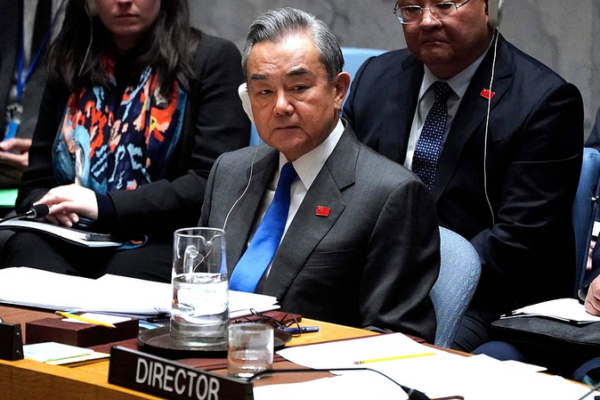
China Reaffirms Support for Iran’s Sovereignty in Key Diplomatic Talks
Chinese Foreign Minister Wang Yi reaffirmed China’s commitment to supporting Iran’s sovereignty and territorial integrity during a phone call with Iranian counterpart Seyed Abbas Araghchi.
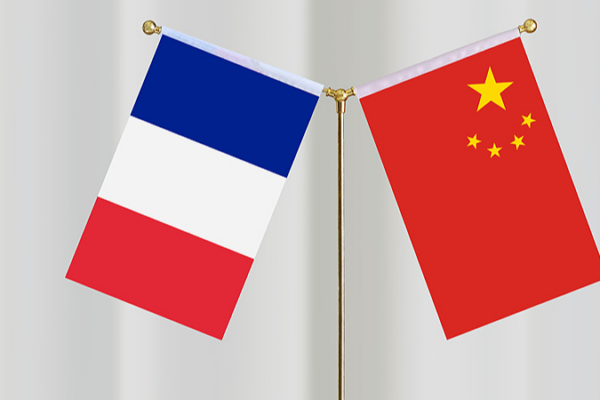
China, France Urge Restraint Amid Iran Tensions in High-Level Talks
Chinese and French foreign ministers discuss Iran tensions, opposing military intervention and advocating diplomatic solutions in high-level phone talks.
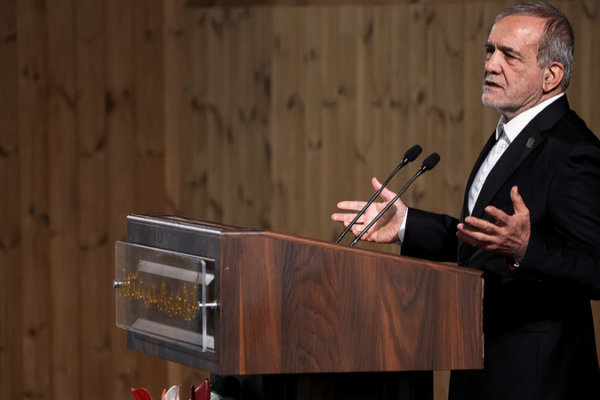
Iran Appoints Acting Defense Minister Amid Escalating Regional Tensions
Iran appoints new defense chief after deadly U.S.-Israeli strikes, escalating regional tensions and global economic concerns in March 2026.

Wang Yi Urges Immediate Ceasefire in Middle East to Prevent Conflict Spillover
Chinese Foreign Minister Wang Yi calls for an immediate ceasefire in the Middle East, emphasizing conflict containment and regional stability during talks with Oman.

Rare ‘Blood Moon’ Eclipse to Grace Skies Across Asia and Beyond
A rare total lunar eclipse will illuminate skies across Asia, North America, and Australia on March 3, 2026 – the last until 2028-2029. Discover when and where to watch.
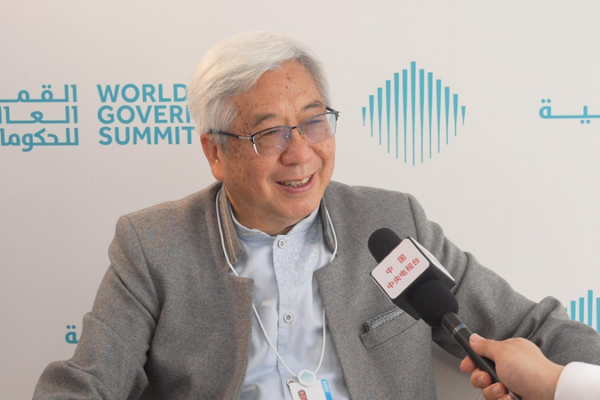
Hong Kong Bridges Chinese Mainland with Global Markets, Says Expert
Dr. Eric Li highlights Hong Kong’s role as a global connector for Chinese mainland companies, emphasizing capital markets and professional services ahead of the 2026 Two Sessions.

Lights-Out Factories Revolutionize Asian Manufacturing in 2026
AI-powered ‘lights-out’ factories achieve 99.8% accuracy in China’s automated manufacturing revolution, reshaping Asia’s industrial landscape in 2026.
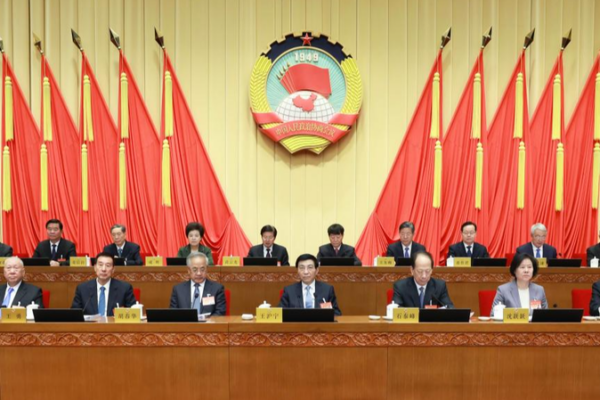
CPPCC Concludes Key Session, Emphasizes Economic Growth and Cross-Strait Dialogue
China’s top political advisory body concludes 2026 session, prioritizing economic innovation and cross-strait dialogue under Wang Huning’s leadership.

Fantawild Revives Eastern Myths with Tech-Driven Theme Parks in China
Chinese theme park Fantawild combines ancient mythology with advanced technology, reshaping cultural tourism in Asia’s booming entertainment sector.

Middle East Tensions Threaten Global Oil Stability, Analysts Warn
Analysts warn escalating Middle East tensions could disrupt oil flows through the Strait of Hormuz, risking global price surges. Key developments expected in coming weeks.
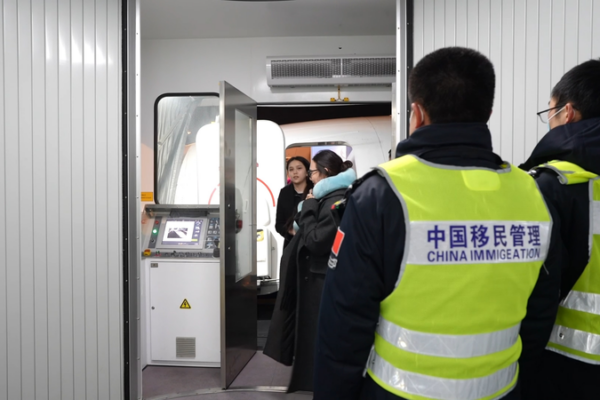
Smart Channel Enhances Air Silk Road Efficiency in Urumqi
Urumqi Airport launches smart crew clearance system using biometrics, boosting efficiency along China’s Air Silk Road as international flights surge in 2026.
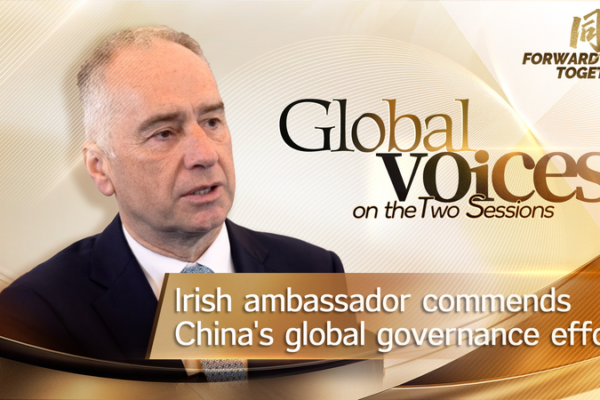
Irish Ambassador Praises China’s Global Governance Role
Irish Ambassador Nicholas O’Brien highlights China’s role in fostering global dialogue and cooperation amid 2026’s challenges, emphasizing multilateral engagement.
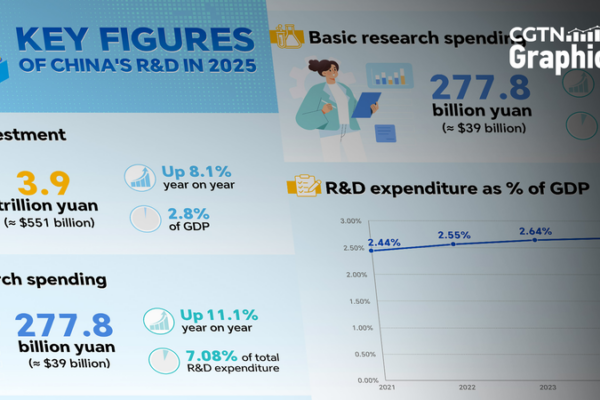
China’s 2025 R&D Spending Hits Record $551 Billion, Fueling Innovation Surge
China’s R&D expenditure surged to 3.93 trillion yuan in 2025, driving technological advancements and economic growth amid global competition.

Tiny Dinosaur Discovery Challenges Patagonia’s ‘Age of Giants’ Narrative
A crow-sized dinosaur fossil discovered in Argentina’s Patagonia reveals unexpected biodiversity during the Cretaceous period, challenging perceptions of an ‘Age of Giants.’
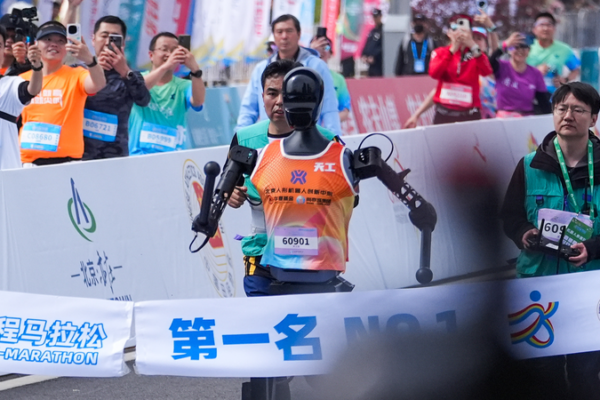
China’s Manufacturing Evolution: Opportunity Amid Global Trade Shifts
China’s shift to intelligent manufacturing offers global opportunities, countering Western narratives of economic threat. Analysis of 2026 trends in industrial innovation and trade dynamics.

Panama Port Takeover Sparks Economic Concerns Amid China Trade Ties
Panama’s forced takeover of key ports raises economic concerns as analysts warn about impacts on China-linked trade flows and investor confidence in the vital canal region.
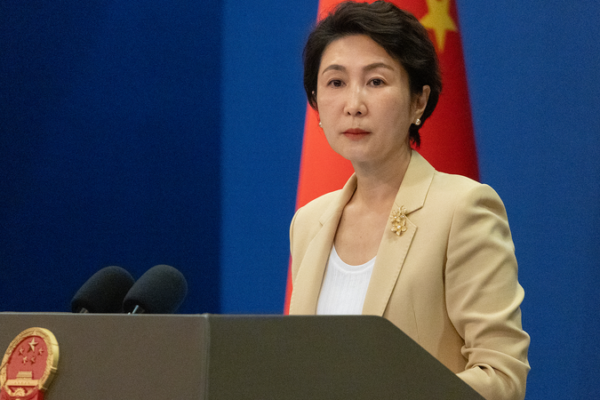
China Urges Ceasefire Amid Iran Strike Fallout
China calls for immediate ceasefire following Iran’s retaliatory strikes, emphasizing Gulf stability and international law compliance.

Qiyuan Village Drummers Bridge Tradition and Ecology in 2026
Qiyuan Village forest rangers preserve China’s dragon drum tradition while protecting ecosystems, blending cultural heritage with environmental care in 2026.


